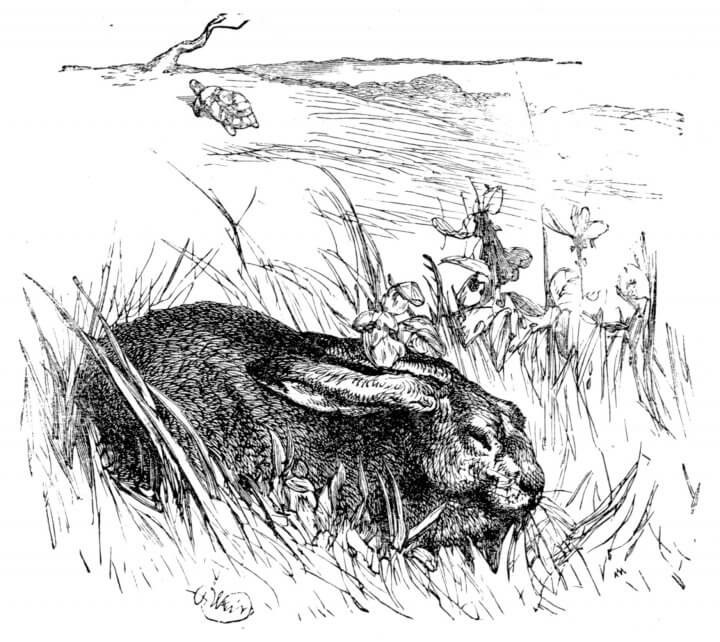
Even though he was a slave, it appears that Aesop actually experienced a very large amount of freedom, and worked as a type of personal secretary for the man who owned him. We don’t know when he told his stories or where he told his stories, but it appears that he told fables as a way of proving points in possible court arguments. It was very common for fables based around mythological figures and animals to be used to prove points in arguments in the ancient world.
So that’s about all that we know about Aesop’s actual life. But what about the life of his many stories? The history of these stories and the way that they have been used represents Aesop’s real legacy. It seems that Aesop’s ability to tell great fables and use them in arguments made him so famous that any good fable of a particular kind became attributed to Aesop. These fables, whether they were actually told by Aesop or not, were then collected by later writers and published and spread among other people. Now there are more than 600 different fbles that are attributed to Aesop, including the most popular ones, like The Tortoise and the Hare. Many different people have translated these fables into English, such as Ambrose Bierce and George Flyer Townsend.
Aesop probably came from Africa, or his ancestors did, since the name Aesop comes from the archaic Greek name “Ethiop.” He may have also been born in Aethiopia, Phrygia, Athens, or Sardis, which was the capital of the ancient country of Lydia. The first reference that we have to Aesop in literature or other writings is in the writings of the famous and extremely important Greek historian named Herodotus. In his History, written around 425 B.C., Herodotus mentions Aesop as a writer of fables. Many other ancient Greek writers also mention Aesop in their own writings, including the comedic playwright Aristophanes, the historian Xenophon, and the very famous philosophers Plato and Aristotle. According to Herodotus, Aesop was born with some sort of physical deformity and also suffered from a speech impediment which was healed by a god. Herodotus also states that Aesop was at some point eventually freed by his master Iadmon.
Ancient writers also recount that Aesop was particularly irreverent and mischievous. However, ancient writers also state that Aesop often escaped being punished by anybody because of his great stories and the way that he could use words ironically. Many of his stories involve ethics and also point out hypocrisy and unfair power structure. His stories tell many different morals that we still use today: we get the saying “the boy who cried wolf” from Aesop’s story The Shepherd’s Boy and the Wolf. In addition, we get our saying and thought about the “survival of the fittest” from Aesop’s moral fable The Oak Tree and the Reeds.

Leave a Reply